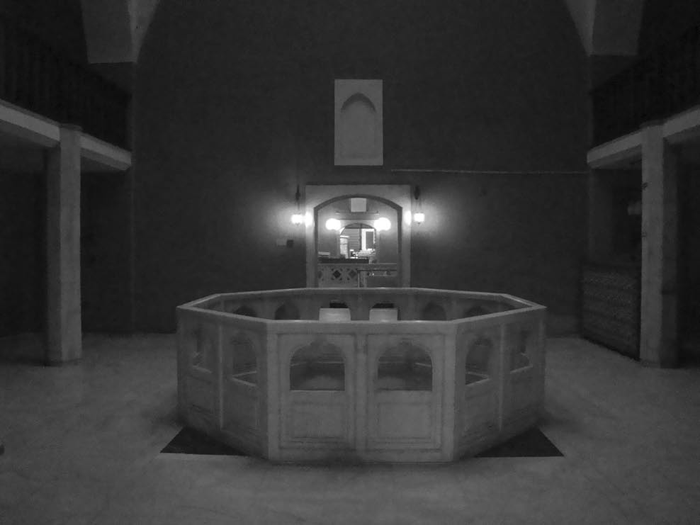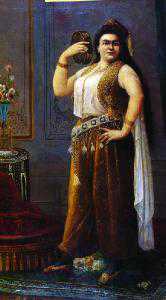Do you believe in instilling strong moral and/or religious values, discipline and boundaries in your children? Are you proud of your parenting skills? Can you give two British teenagers the chance to have some much-needed structure in their lives?

In Florida, parents who hosted two British teenagers pose next to their own children and guests who were treated as family.
These are the questions posed by the British Broadcasting Corporation (BBC), which is looking for a Turkish family to take part in a long-running series on parenting.
“We have made programs examining this interesting issue in countries all over the world but have never been to Turkey. We are very excited about the prospect of coming to Turkey to film and are looking for inspirational parents who are proud of their family and of the way they are raising their own teenagers,” said Rebecca Symons, an assistant producer for Twenty Twenty television in the UK producing the program for the BBC called “World’s Strictest Parents.”
“The program looks into this sensitive matter and asks what unruly British teenagers can learn from being part of a family in a different country,” she added.
Two British teenagers are sent to live for a week with a family abroad – all over the world, from Jamaica to India, the United States of America to South Africa — in order to experience life in their country.
The British teens are expected to participate in a typical week with their Turkish family, helping with household chores, attending family events and contributing both within the household and the local community – whatever is normal for the host family. They should not be treated as guests in the house but new members of the family.
“Ideally our host family will have teenagers of their own so we can see how well they have been raised, and they can act as an example to our teenagers,” Symons said.
She also said that the family needs to have enough room to accommodate two extra children and be available to guide the visiting teens in their daily life.
They usually send a boy and a girl who are 16-18 years old and unrelated. The visiting teenagers are chosen because they have difficulties at home.
“These may vary from smoking to laziness, to drinking, to a lack of respect. For many of the children it is a life changing experience, they are not treated as guests but as one of the family, and therefore they are expected to follow the same rules and principles that the family does,” she said.
They look for strong parents who run happy and disciplined families.
“The families that we work with are usually educated and conservative, but most importantly they are loving,” she added. Nalini Nanjundayya, who was a host mother in their series in Bangalore, India, said that she found this to be an amazing experience in two ways.
“Firstly working with Twenty Twenty television, who were so efficient, thorough and understanding, but mainly to see how well the visiting teenagers responded and actually improved by the end of the week. It is such a worthwhile program. I am still in touch with the children, and I am proud and happy that I could help these individuals turn their lives around.”
Lucy Dodds, a British teenager from a previous series, said that she wishes that every teenager has an experience like this.
“I went thinking there was nothing wrong with me – but soon realized I had a lot to learn. The family I stayed with inspired me to get my life back on track, and I am now studying graphic design at college and do work experience at the BBC. I also learned to appreciate my parents more and to be grateful for what I have. You only have one mum and dad. I help a lot more at home,” she said.
Interested families can contact Rebecca Symons at RebeccaSymons@twentytwenty.tv or call her: 00 44 207 424 7719.
via zaman





